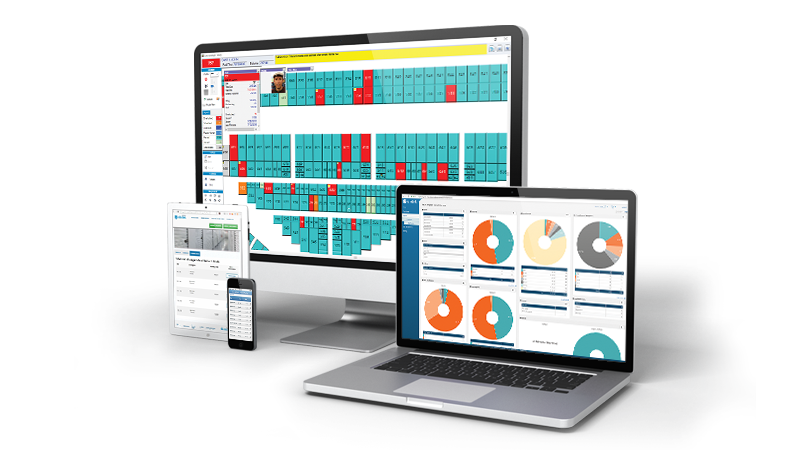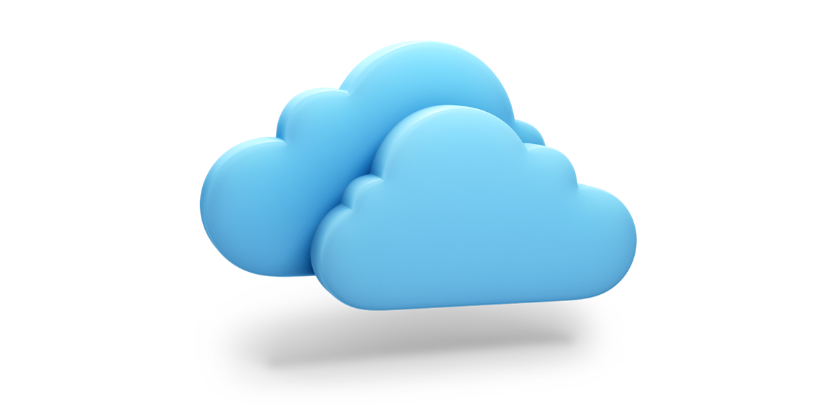The idea of cloud storage existed at the periphery of public consciousness for several years before moving more front and center as a legitimate business option for data storage and retrieval. The idea is simple. Rather than archive data on local machines, it is stored remotely on a server hosted by a company specializing in “cloud” storage. For the healthcare industry, this technique is a great way to keep patients’ records more accessible at any time and from any device. Here are some more cloud storage benefits for consideration by physicians and administrators.
No More X-Ray Films
Perhaps the biggest boon of all for moving healthcare records to the cloud is there will be no more need to lug around thick folders of patient records and oversized x-ray films. Though the seemingly endless parade of hack attacks might give some pause to consider, how safe are those paper records, really? Anyone with motivation and a nearby copy machine could do plenty of damage in a very low-tech way. The cloud offers better security, improved access, and more storage capacity.
Easier Consulting
The best delivery of high-quality healthcare has always relied on a team approach. By making full use of the cloud, it’s easier than ever for an attending physician to call upon the expertise of geographically far-flung specialists. Think of the options: mobile devices, video conferencing, and applications designed specifically for the industry. In addition, rural coverage and disaster response improve dramatically.
Endless Storage
To anyone who has ever taken a look at aisle after aisle of paper records stacked to the ceiling at your local doctor’s office, the question is unavoidable: When does physical record storage become untenable? For some, it already has. The radiology PACS technology has been a much-needed stopgap measure that clears up office space by taking records online.
Not only does cloud storage make in-house storage demands negligible, but the cost of online storage is quite modest. Another almost incalculable benefit is that the data is backed up to several different geographic locations. Before cloud storage, a fire or flood at the local office that consumed or ruined paper records was much more costly.
Advanced Analysis
Data stored in electronic format is automatically more powerful because it becomes easier to analyze. It’s all about the database, baby! We’re talking about data analytics. Technicians who specialize in this field are able to manipulate and harvest data in real time for medical research, trend-spotting, generating referrals, and more personalized healthcare.
Big Data Pools
With cloud storage, the possibilities for medical research goes beyond the limitations of a single provider or network. The entire medical industry can easily combine data nationally and even globally to detect trends, make predictions, and more. With data mining becoming more sophisticated every day, the prospect of real-time global access to an entire world of medical information is more realistic than ever. DNA sequencing is one area of particular interest to medical researchers that is enhanced by the magnified computing power of the cloud. Also, better medicines based on larger data sets can make their way to market faster.
Healthcare companies intending to take advantage of cloud storage should make darn sure that the provider they choose is HIPAA (Health Insurance Portability and Accountability) compliant. As anyone in the field already knows, the privacy and security of patient records are of the utmost importance. Well-known names in data storage like Amazon, Carbonite (Pro Plan), and Google Drive meet the high standards of HIPAA. There are others but that gives you a starting point at least. One thing you can count on. Cloud storage is on its way to becoming a “best practice” for the healthcare industry.
Dennis Hung is an entrepreneur and product analyst specializing in mobile technology and IoT. He’s spent most of his career consulting for businesses in North America.





















































































































































































